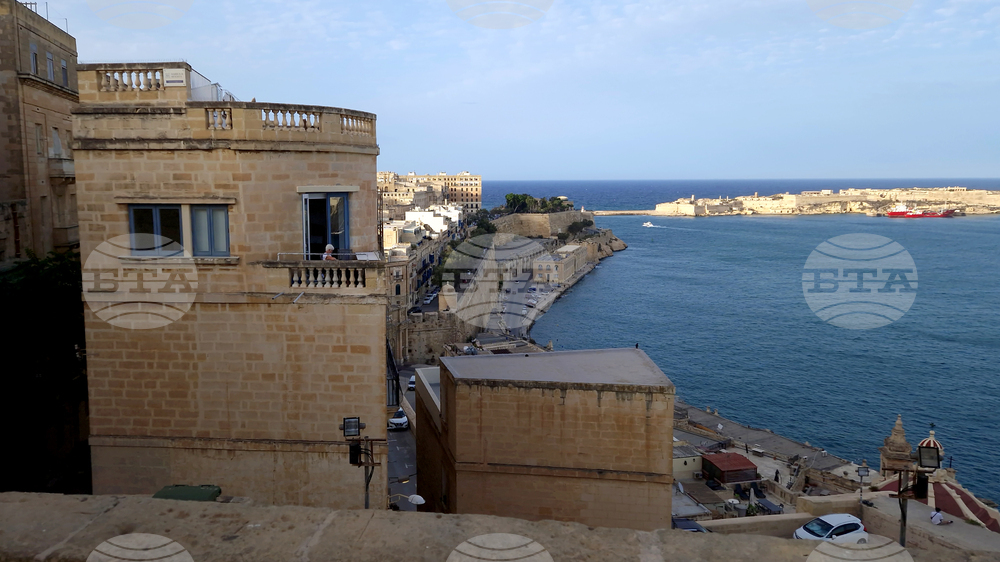site.btaSummer Mood, No Canvassing in Malta Two Days before European Elections


Two days before Malta's European Parliament elections, the streets of the capital Valletta and the resort towns of St Julian's and Sliema are devoid of campaign posters or any activity suggesting a June 8 vote. Voting for MEPs in Malta is not compulsory.
Driving through the busy traffic of the island, where the high tourist season has started since the beginning of June, one can still see individual billboards of the ruling and poll-leading Labour Party.
Although a member of the EU, the British influence is still present in Malta (the country gained independence from Great Britain in 1964) not only because of the English language, which is official along with Maltese, but also because of the common names of establishments or shops such as Wembley, Trafalgar, which evoke associations with the island. Besides its British influence, Malta also has a significant Sicilian and Italian influence, especially in the kitchen, and in some habits such as an aperitif at 5 pm instead of tea. And all this with a slight Arabic flavor.
The Maltese are becoming more excited about the EU after the election of Roberta Metsola as President of the European Parliament, which for them is a source of national pride. They are not particularly inclined to comment on political topics, some due to the fact that they only speak Maltese, while others use English, but sometimes with apparent reluctance. Some citizens, who expressly wished not to be photographed, told BTA that what concerns them, both at the national and European level, is the fight against corruption (the country was rocked by a scandal related to privatization of hospitals and accusations against dignitaries including former Prime Minister Joseph Muscat), the economy and the climate.
Citizens of the island nation have not forgotten the murder of investigative journalist Daphne Caruana Galizia and continue to light candles and leave flowers in front of her memorial in the centre of Valletta. Older Maltese people, sitting in the nearby sun, shared that this attack is a stain on Malta and the freedom of speech in the country.
On Friday's day of reflection (June 7) the Maltese will mark one of their national holidays, Sette Giugno. On June 7, 1919, British Army troops fired on unarmed crowds protesting the rise in the price of bread following new taxes introduced by the UK government.
At the end of the election campaign, support for the Labour Party remained stable at 50.7%, with the Nationalist Party expected to gain 41.4%. Third parties and independent candidates are expected to receive the support of 7.9% of voters.
/RY/
news.modal.header
news.modal.text